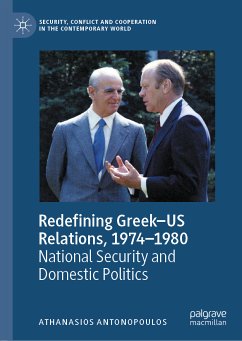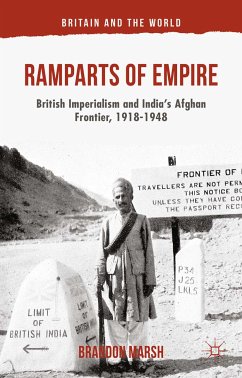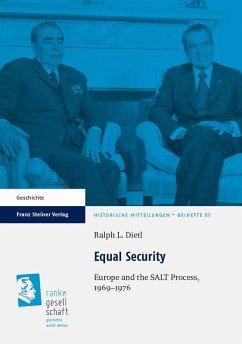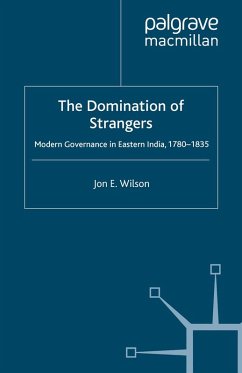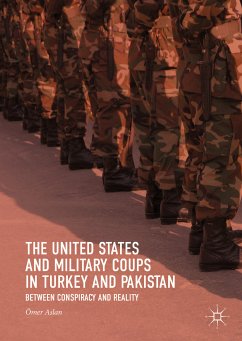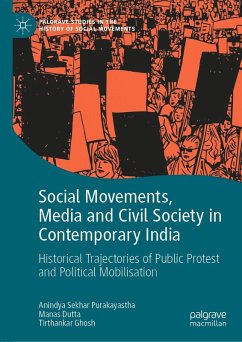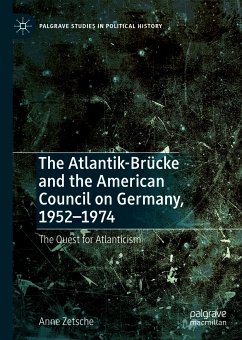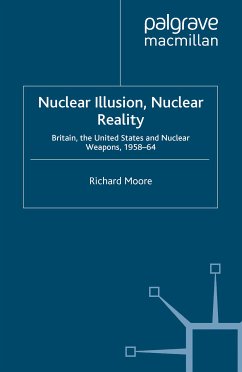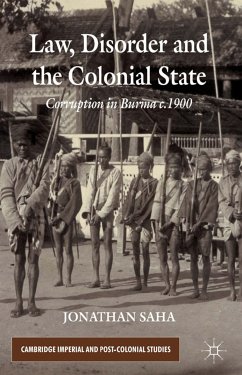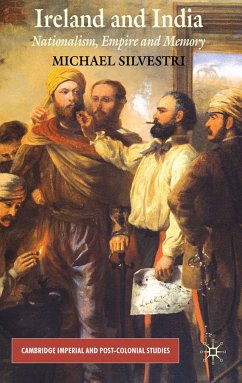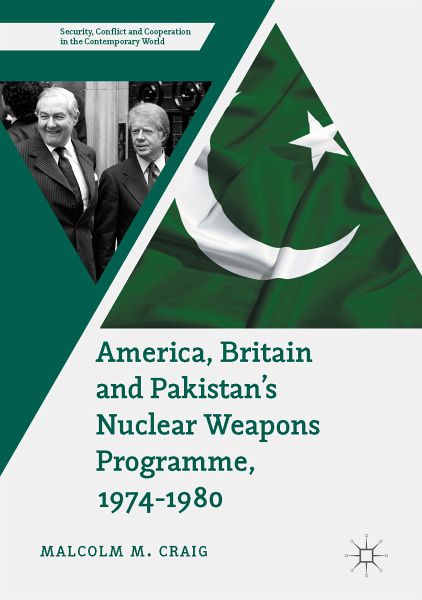
America, Britain and Pakistan's Nuclear Weapons Programme, 1974-1980 (eBook, PDF)
A Dream of Nightmare Proportions
Versandkostenfrei!
Sofort per Download lieferbar
72,95 €
inkl. MwSt.
Weitere Ausgaben:

PAYBACK Punkte
36 °P sammeln!
This book analyses US and UK efforts to shut down Pakistan's nuclear programme in the 1970s, between the catalytic Indian nuclear test of May 1974 and the decline of sustained non-proliferation activity from mid-1979 onwards. It is a tale of cooperation between Washington and London, but also a story of divisions and disputes. The brutal economic realities of the decade, globalisation, and wider geopolitical challenges all complicated this relationship. Policy and action were also affected by changes elsewhere in the world. Iran's 1979 revolution brought a new form of political Islamic radical...
This book analyses US and UK efforts to shut down Pakistan's nuclear programme in the 1970s, between the catalytic Indian nuclear test of May 1974 and the decline of sustained non-proliferation activity from mid-1979 onwards. It is a tale of cooperation between Washington and London, but also a story of divisions and disputes. The brutal economic realities of the decade, globalisation, and wider geopolitical challenges all complicated this relationship. Policy and action were also affected by changes elsewhere in the world. Iran's 1979 revolution brought a new form of political Islamic radicalism to prominence. The fears engendered by the Ayatollah and his followers, coupled to the blustering rhetoric of Pakistani leaders, gave rise to the 'Islamic bomb', a nuclear weapon supposedly created by Pakistan to be shared amongst the Muslim ummah. This study thus combines cultural, diplomatic, economic, and political history to offer a rigorous, deeply researched account of a critical moment in nuclear history.
Dieser Download kann aus rechtlichen Gründen nur mit Rechnungsadresse in A, B, BG, CY, CZ, D, DK, EW, E, FIN, F, GR, HR, H, IRL, I, LT, L, LR, M, NL, PL, P, R, S, SLO, SK ausgeliefert werden.



